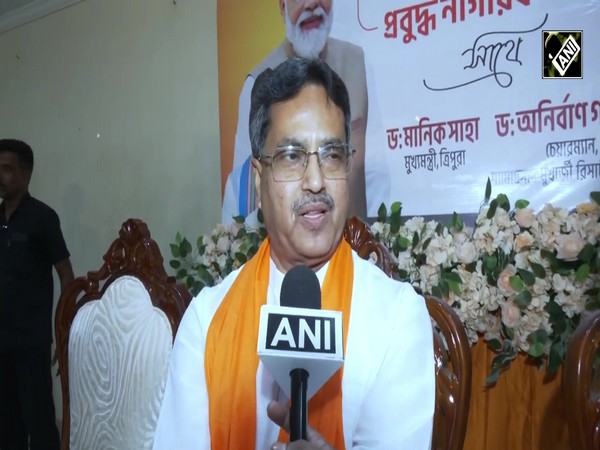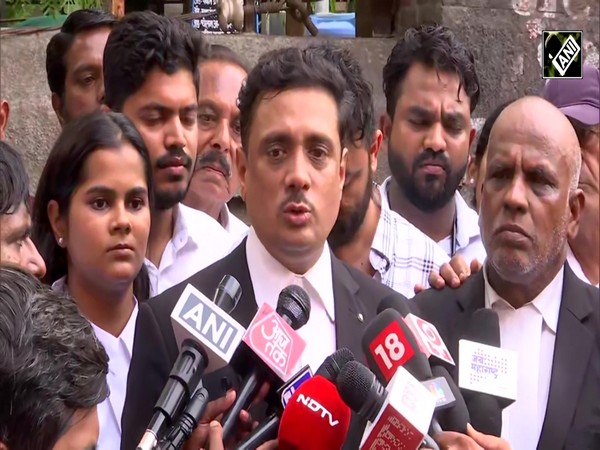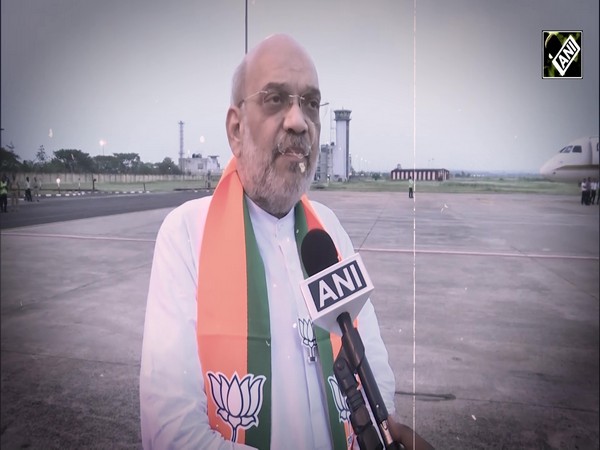Vienna: Sikyong Penpa Tsering raises awareness among Austrian youths on Tibet's struggle
May 12, 2024

Vienna [Austria], May 12 : In a bid to raise awareness among Austrian youths about Tibet's history and its current status under the repressive rule of China, the Tibet Community in Austria organized an interactive session with Sikyong Penpa Tsering, the democratically elected political leader of the Tibetan Government-in-Exile, in Vienna on Saturday.
Approximately 70 young individuals, predominantly Austrians from Vienna, participated in this engaging session with Penpa Tsering, who serves as the President of the Tibetan Government in Exile.
The event kicked off with a video detailing the structure of the Central Tibetan Administration and the role of the Dalai Lama's office. It underscored the democratic processes within the Central Tibetan Administration and its strong ties with the Tibetan Diaspora.
During his address, Sikyong Penpa Tsering delved into Tibet's illustrious history as an independent nation, emphasizing its unique cultural identity and rich Buddhist traditions. He passionately recounted Tibet's past as a sovereign state, characterized by spiritual enlightenment and resilience.
Penpa Tsering then turned to the current situation in Tibet, highlighting China's repressive policies and aggressive tactics that have undermined Tibetan autonomy and suppressed religious freedoms.
He elaborated on the numerous human rights violations perpetrated by China in Tibet, including the operation of state-controlled boarding schools and cultural genocidal actions. He emphasized the urgent need to preserve Tibet's heritage and protect its people from further marginalization.
Penpa Tsering emphasized the Tibetan Government in Exile's adherence to the Middle Path Proposal, a pragmatic approach endorsed by the Dalai Lama. This proposal advocates for meaningful autonomy for Tibet within the framework of the People's Republic of China, drawing inspiration from models such as the European Union.
Through dialogue and compromise, Tibetans seek to foster coexistence and mutual respect with China, promoting harmony for future generations.
As the discussion unfolded, Austrian youth were not only enlightened but also inspired to stand in solidarity with Tibetans facing injustice. Several questions were raised by the attendees, demonstrating their keen interest in the topic.
Penpa Tsering reiterated the Tibetan people's desire to preserve their language, religion, and way of life, urging the youth to amplify the voices of the seven million Tibetans subjected to repression in China.
In conclusion, the interactive session between the youth and Penpa Tsering was a transformative experience, bridging generational and cultural divides while igniting a renewed sense of empathy and activism.


















